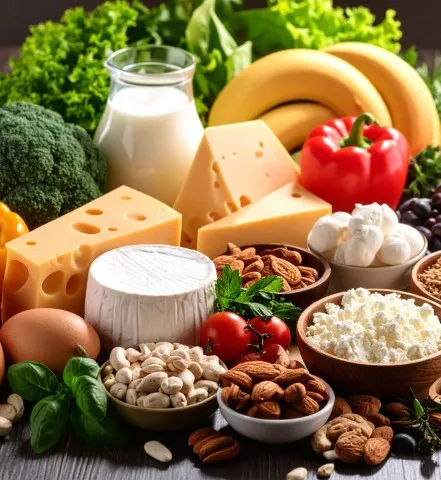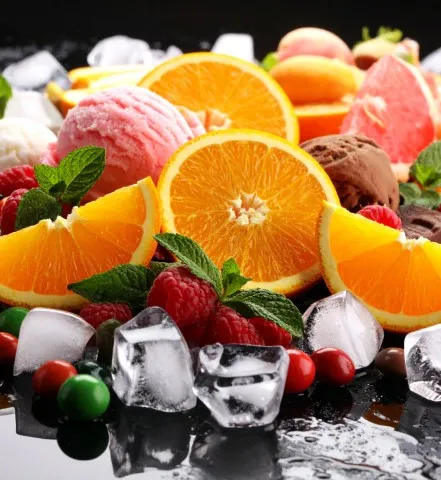0 autocomplete options found
Log In
Customers
Agents & Brokers
Physicians Mutual Insurance Company®
- Dental Care Help Center
- Sensitive teeth? What to eat and what to avoid
Sensitive teeth? What to eat and what to avoid
Having sensitive teeth can make eating certain foods difficult and painful. It’s a common dental problem from which millions of people suffer. Here are some foods to eat and which foods to avoid to help prevent and relieve pain from sensitivity.1
Do Eat
- Veggies. Try veggies with high fiber content to help produce more saliva in your mouth. The more saliva you have, the easier it is for your mouth to wash away triggering substances from your teeth. Go for carrots, beetroots, broccoli, potatoes or other fiber-rich veggies.
- Dairy. Yogurt and cheese are the top two dairy foods best known for relieving sensitive tooth pain. Plus, they are high in calcium and protein, which help keep your teeth strong. Just be sure to avoid adding extra sugars to your dairy. Fruit in your yogurt is OK.
- Nuts. Nuts such as cashews, almonds and walnuts have vitamins and minerals that are good for sensitive teeth. They have an abundance of calcium and protein and very low sugar content.
- Fruits. Fruits such as bananas and apples have a high fiber content. So, much like fiber-rich vegetables, these types of fruits produce saliva and help protect your teeth.
- Whole grains. Another great food for saliva production, whole grains such as barley, brown rice, millet, oatmeal — and other whole grains high in fiber — help produce more saliva and remove chemicals from your teeth. Just be sure to take small portions only.
Avoid
- Citrus. Highly acidic fruits such as oranges, pineapple, lemons and grapes can make your teeth more sensitive. Both eating and drinking these citruses in juice form can cause tooth pain. The acidic content in tomatoes is also high and should be avoided.
- Ice cream. Sugar and cold foods are a huge trigger for sensitive teeth — and ice cream has both of these. Sensitive teeth have less enamel to protect the nerve endings, making ice cream an unpleasant experience to eat.
- Ice. Chewing ice is bad enough for your teeth — and the cold only makes it worse for dental sensitivity. If you have a habit of chewing ice, work on stopping the habit to help save your teeth.
- Soda. Many regular and diet sodas have both phosphoric and citric acids. These ingredients affect the pH levels in your mouth and can cause tooth erosion if your teeth are exposed on a persistent basis.
- Hard and sticky candy. Candies that are hard or sticky can cause several problems. Hard candy can chip or break a tooth. Sticky and gummy candy can stick to your teeth — stimulating your exposed nerves. It’s best to avoid them completely, especially if you have sensitive teeth.
Source:
- “Do You Have Sensitive Teeth? Here are 5 Foods to Eat and Avoid for Dental Sensitivity,” OnlyMyHealth.com, accessed July 24, 2024
Manage sensitive teeth without breaking your budget
Discover dental insurance that helps you take care of dental problems, has no waiting periods for preventive or basic care and works with any dentist you choose.
Find Out More



